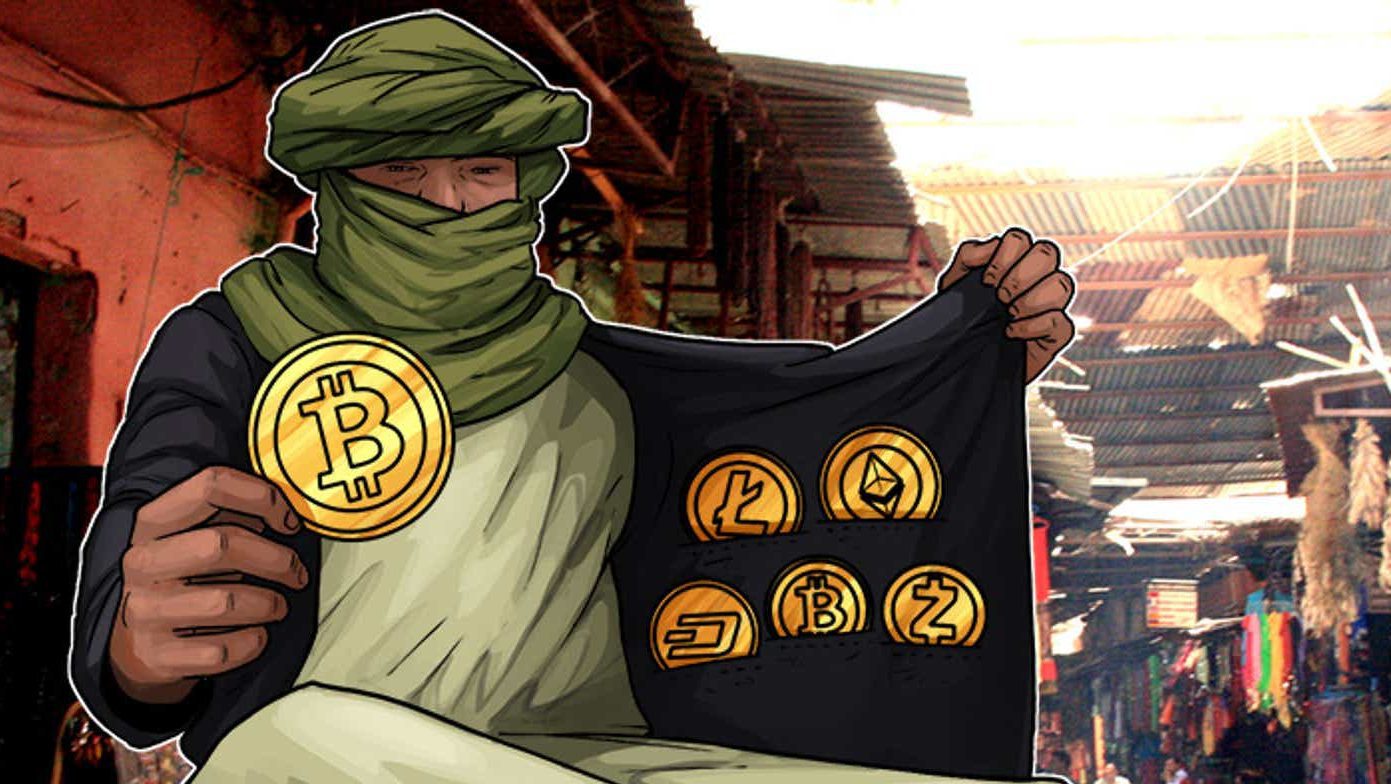Morocco Walks Back On Its Crypto Ban, Mulls Regulatory Framework

By announcing its partnership with the IMF and the World Bank on a potential regulatory framework to guide the exchange of digital assets, the Kingdom of Morocco has officially become the first country in North Africa aiming to formally control the cryptocurrency sector.
Morocco’s apex bank, Bank Al-Maghrib (BAM) is reportedly in the process of designing a framework which prioritizes innovation and consumer protection.
As a result, measures will be taken to fight against the permeation of money laundering and terrorism financing. However, the central bank remains fervent in advising consumers to be wary of the risks involved in dealing with crypto.
This is quite the u-turn from a November 2017 decree which outlawed the financial asset class, shutting down the ambitions of some local companies who looked to enable crypto payments within their ecosystems.
While this was the first of such bans in North Africa, Morocco’s neighboring countries followed suit in the subsequent years to make the prohibition a regional affair.
Why the sudden change of approach?
Without question and despite the explicit proscription of digital currencies, Morocco is North Africa’s leading nation for crypto ownership; in 2021, its peer-to-peer (P2P) trade volumes rose to USD 6 M, a stat topped only by Nigeria, South Africa, and Kenya. Per data from Triplea research, 2.4 percent of the Moroccan populace, which is roughly 878,000 people, owned crypto assets as of 2021.
In a previous deep-dive into the country’s emerging tech ecosystem, Mehdi Cherif Alami, Founder and CEO of YC-backed Freeterium pointed to the government’s stance on crypto as tough and needful for stability.
“A good thing about Morocco—one that has been recognized globally—is that our central bank [Bank al-Maghrib] is doing an amazing job with regulation. They have made a conscious decision to regulate crypto aggressively, allowing us to have an economically stable country immune to inflation. Perhaps resultantly, the country is also socially and politically stable,” he submitted.
Morocco’s movement towards crypto is not isolated, even in Africa. In the past month, the Central African Republic, a nation in the heart of the continent, legalized Bitcoin and other crypto assets with the intention of building a legal crypto hub for businesses within and outside the continent.
Though widely criticized, CAR is bullish on creating an adaptable local use case for crypto, potentially cementing its place as the first to do it in Africa and second globally.
Worthy to note, the IMF is upfront with encouraging countries to regulate the cryptocurrency sector. Equally, the organization has rebuked the legalization of such assets, which it has done explicitly by urging El Salvador (the first country in the world to adopt Bitcoin as a legal tender) to undo its adoption in order to preserve its economy.
On the positive side, this might be happening at the right time. On the backs of investor attention into what is one of Francophone Africa’s leading hubs, Morocco’s startupping landscape is closer to a takeoff point. The regulation of digital assets early and well enough could help palpate a stable and controllable digital economy.
Featured Image: Cointelegraph